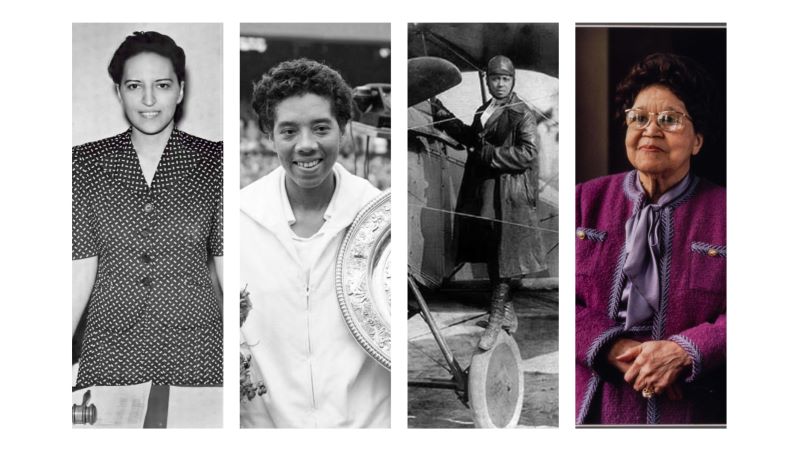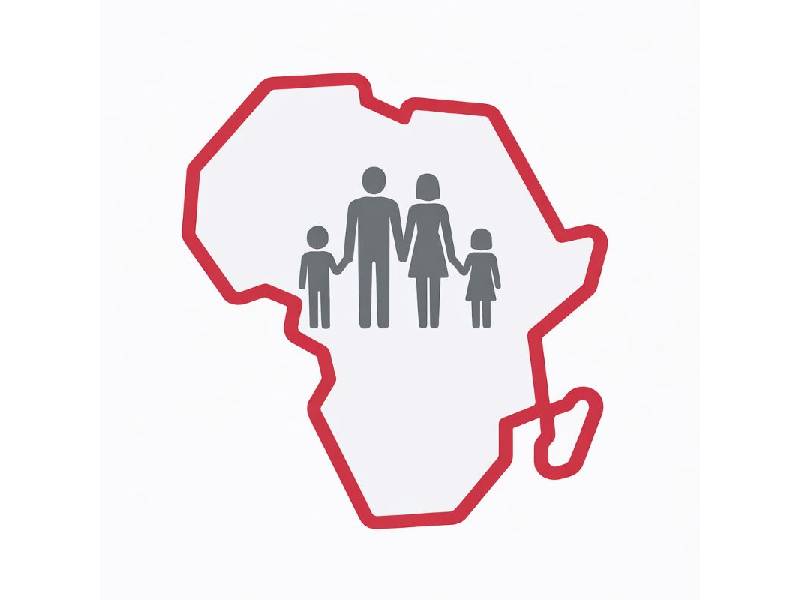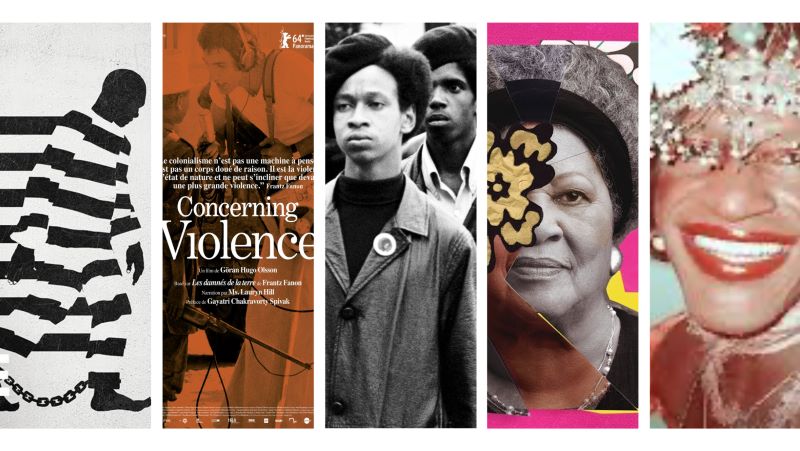Image: iStock
The dawn of a new year often finds us making grand resolutions: hitting the gym daily, swearing off sugary drinks, embracing a healthier lifestyle, saving diligently, conquering our social media addiction, and many more. It’s a familiar ritual, a hopeful declaration of self-improvement. But by the end of January, more than half would have abandoned these goals, leaving us wondering, “Why do we even bother with this tradition in the first place?”
For centuries, humans have made promises to themselves about the changes they’ll embrace in the New Year. But have you ever wondered where this tradition even came from? Believe it or not, it all started way back with the ancient Babylonians, some 4,000 years ago. They were also the first to hold recorded celebrations in honor of the new year, though for them the year began in mid-March, marking the start of the farming season. They celebrated the New Year during a 12-day festival called Akitu. It was at this festival that Babylonians engaged in the first form of New Year’s resolutions. During the festival, they crowned a new king or reaffirmed their loyalty to the reigning king. They also made promises to the gods to pay their debts and return any farm equipment they had borrowed. These promises could be considered the forerunners of our New Year’s resolutions.
This tradition was later adopted by the ancient Romans. However, the timing shifted with the introduction of the Julian calendar in 46 B.C. Julius Caesar, the Roman emperor, declared January 1st as the start of the new year. January, named after the two-faced Roman god Janus, is symbolic of looking back at the past year and forward to the new year, making it the perfect time for reflection and new beginnings. Although the Romans didn’t necessarily use the term resolutions, they tried to enter the new year with a positive mindset.
In 1740, the English clergyman John Wesley, founder of Methodism, created the Covenant Renewal Service, most commonly held on New Year’s Eve or New Year’s Day. These services, often called ‘Watch Night Services,’ involved scripture readings, hymn singing, and prayer, offering a more spiritual alternative to the noisy New Year’s Eve celebrations. With the rise of Christianity, New Year’s resolutions took a different approach. Instead of making promises to gods, early Christians spent the first day of the new year reflecting on past mistakes and resolving to improve in the future. This became an integral part of the ‘Watch Night’ services held every New Year’s Eve within evangelical Protestant churches, especially African American denominations and congregations.
By the 17th century, making New Year’s resolutions had become so commonplace that people found humor in the idea of making and breaking their promises. A Boston newspaper from 1813 featured the first recorded use of the phrase “New Year resolution.” The article states:
“And yet, I believe there are multitudes of people, accustomed to receiving injunctions of new year resolutions, who will sin all the month of December, with a serious determination of beginning the new year with new resolutions and new behavior, and with the full belief that they shall thus expiate and wipe away all their former faults.”
By the 18th century, the moral nature of New Year’s Resolutions was still prevalent.
New Year Resolutions in the 19th and 20th Centuries
But just like fashion, music, and slang, resolutions have evolved. Despite the tradition’s religious roots, New Year’s resolutions today are a mostly secular practice. As the 19th and 20th centuries rolled in, New Year resolutions began to mirror societal changes. We traded promises to the gods for vows to become better. Most people made resolutions that focused purely on self-improvement, like quitting smoking, losing weight, or spending wisely (which may explain why many found it hard to follow through).
As the 20th century dawned, New Year’s resolutions became a firm tradition, reflecting the era’s focus on personal ambition and upward mobility. For many Black families in the diaspora, resolutions reflected the desire to break generational cycles: pursuing higher education, buying a home, or starting a business. Also, the rise of hip-hop culture brought a new energy to New Year’s resolutions, emphasizing self-belief and a drive for success.
Modern-Day Resolutions
Fast-forward to the 21st century! New Year’s resolutions are pretty different. We live in a society that has developed tremendously and almost everything is on social media. Resolutions have somewhat become public declarations with hashtags like #NewYearNewMe and #GlowUpGoals trending.
For many in the diaspora, New Year’s resolutions are a bridge between past and present. Whether it’s learning an African language like Swahili or Yoruba, exploring ancestral roots, or embracing natural hair, these goals are a testament to the unique ways individuals connect with their heritage, as they blend cultural pride and modern aspirations.
Also, the digital age has made it easier than ever to stay connected and committed to our resolutions, no matter where we are in the world. Apps and social media platforms now play a significant role in helping us track our goals. From fitness fanatics to aspiring academics, individuals are increasingly turning to virtual platforms for self-improvement. Online courses, fitness classes, and supportive online communities provide convenient and accessible avenues for personal growth.
As you make your resolutions this year, remember that you are part of a long-standing tradition that will continue to evolve. Whether it’s mastering Afrobeat dance moves, reconnecting with the Motherland, or simply surviving another year with grace, the essence of resolutions remains the same: growth, joy, and the pursuit of a better tomorrow.





